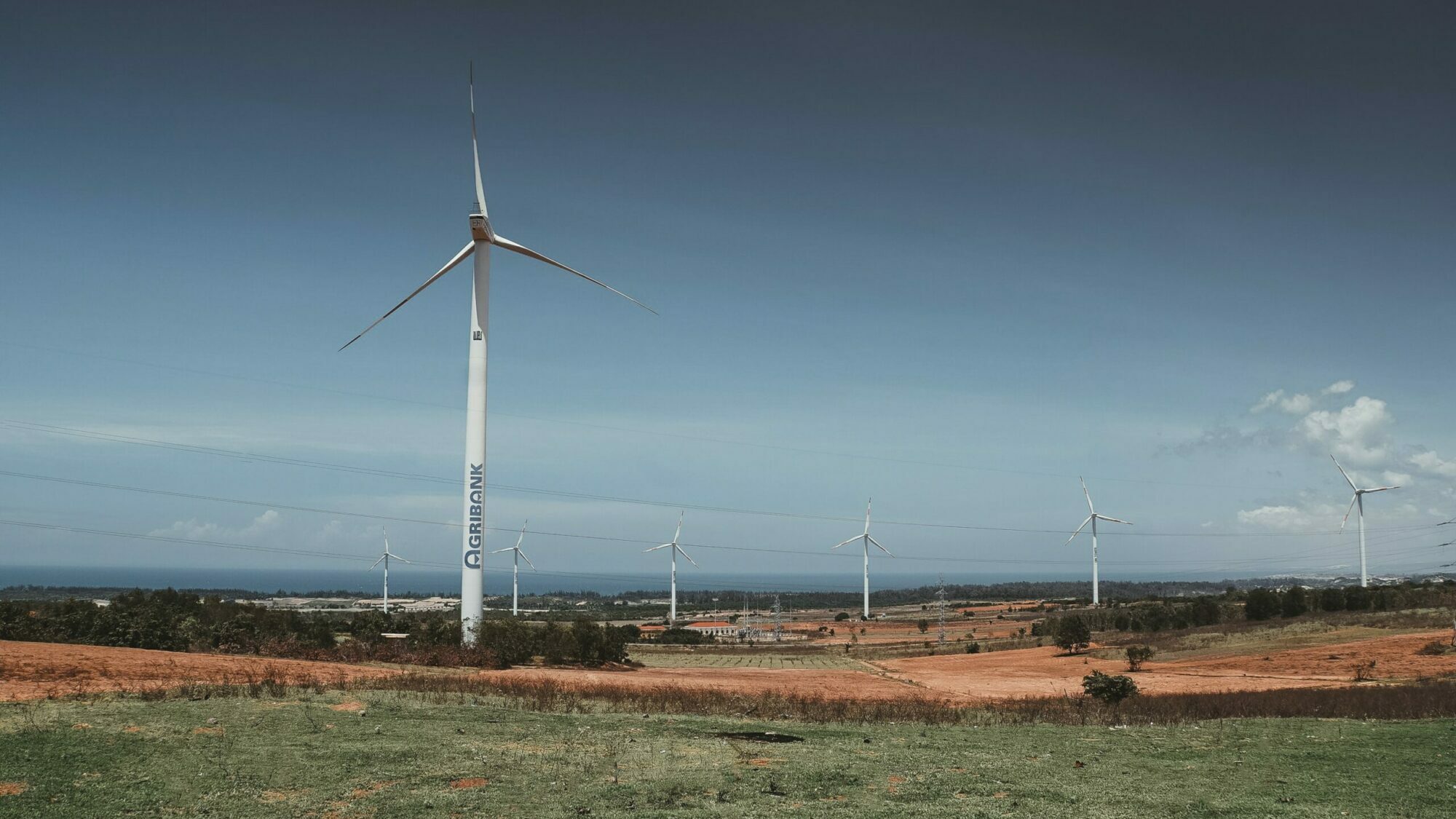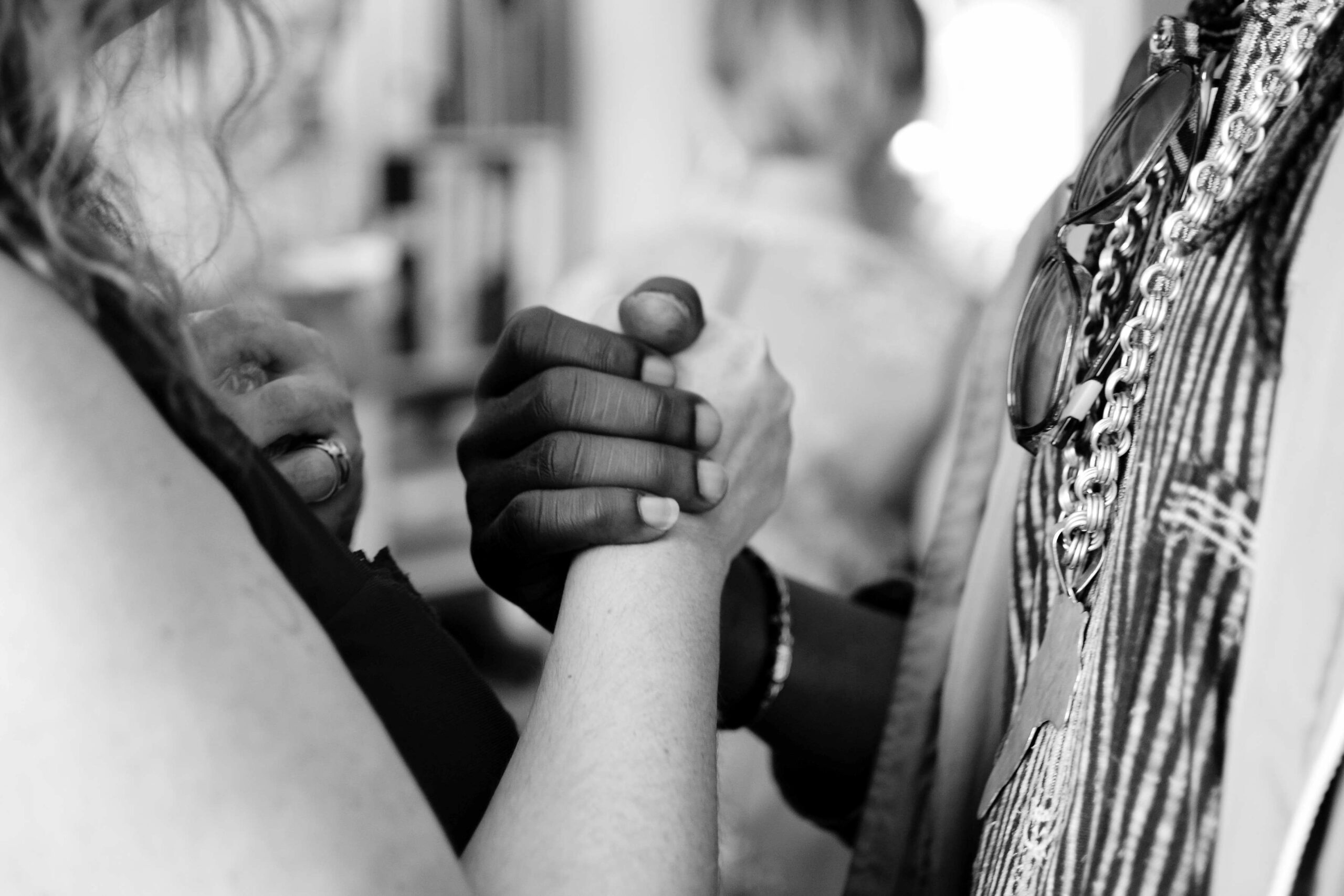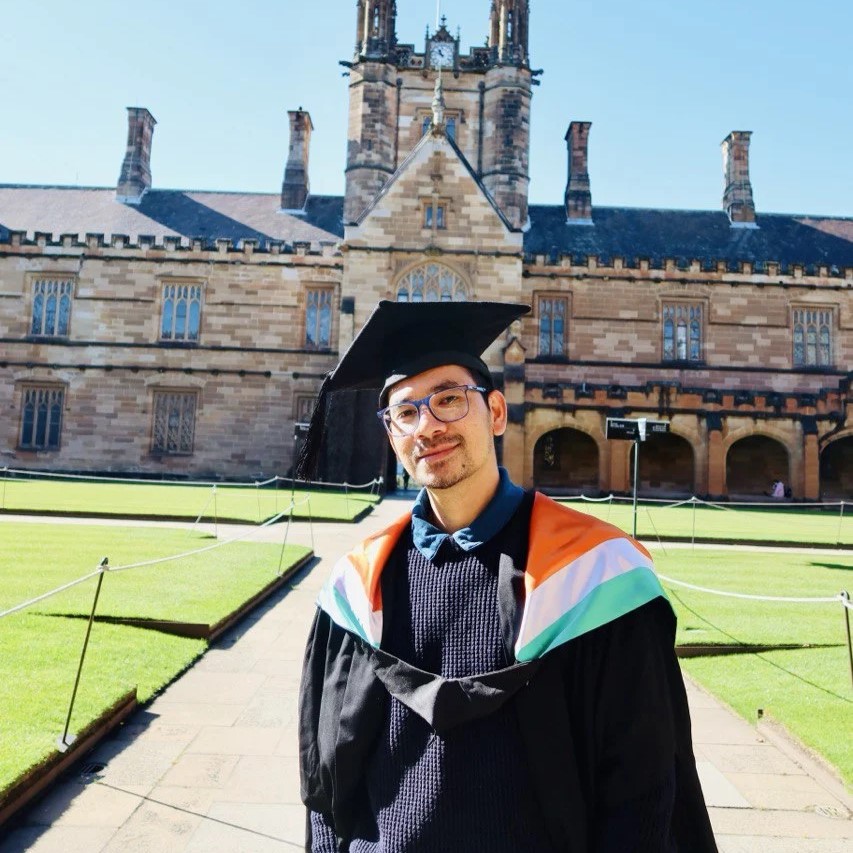

Analysing disability inclusion approaches in education programs
My name is Sally Jolliffe. As a fourth-year student at the University of Adelaide studying International Development and French, I had the opportunity to intern at Tetra Tech International Development. During this time, I have been exposed to a dynamic and expanding work environment that has allowed me to enhance my adaptability, critical thinking, and communication skills. I also analysed Tetra Tech’s disability inclusion approaches in education programs through interviews, reports, and evaluations.
Around 15.6% of adults worldwide live with a disability[1], facing various barriers in their lives. Notably, 80% of people with disabilities reside in developing countries[2], emphasising the need for disability inclusion in all development efforts. Failing to consider the lived realities of people with disabilities, therefore, undermines a project’s effectiveness, as it ignores the very needs of those it seeks to serve.
Governments in the Indo-Pacific region consider disability inclusion a top priority[3]. It involves enabling meaningful participation, promoting rights, and considering disability-related perspectives, as defined by the United Nations Convention on the Rights of Persons with Disabilities (CRPD).
A commitment to disability inclusion in education programs
As I researched Tetra Tech’s disability inclusion approaches, I realised its vital role in the effectiveness of development efforts.
My study focused on Tetra Tech International Development’s programs, including:
- Vanuatu Education Support Program (VESP)
- Australia Awards Cambodia (AAC)
- Laos Australia Institute (LAI)
- Australia Awards Papua New Guinea (AAPNG)
- Basic Education Quality & Access Laos (BEQUAL)
- Tuvalu Australia Partnerships for Quality Education (TAPQE)
Tetra Tech has a strong record in addressing disability inclusion alongside gender equality and social inclusion in all its programs. It has worked closely with national ministries of Education to prioritise disability inclusion in education. Through workshops, curriculum reforms, inclusive resources and targeted actions, Tetra Tech has transformed classrooms and improved educational outcomes for children in schools across Laos, Vanuatu and Tuvalu. Real-life success stories, such as providing assistive devices, highlight the profound impact of their initiatives.
For example, piloted programs in Vanuatu have renewed children with disabilities’ enthusiasm to attend school and have made it possible for them to learn in classrooms. When one child with a visual impairment was provided with an assistive dome magnifier, his future educational outcomes were transformed.
‘All along we thought he was blind… This child was able to read!’ – VESP GEDSI Officer Sonia Wasi
Achieving lasting change through collaborative and sustainable approaches
Following the principle of “nothing about us without us,” Tetra Tech works closely with people with disabilities as partners in development. It actively engages and co-creates solutions with individuals with disabilities, and organisations working with people with disabilities.
Another Tetra Tech focus is sustainability and future planning. Through implementing robust data gathering and monitoring systems, and by strengthening the capacity of stakeholders in the education sector, Tetra Tech facilitates the continued promotion of disability inclusion long after their involvement.
Tetra Tech’s dedication and collaborative efforts work to transform education systems, providing equal opportunities and improved outcomes for individuals with disabilities in the Indo Pacific region and beyond.
Read more about our Education and Scholarship services.
REFERENCES
[1] World Health Organization & World Bank, 2011, World report on disability 2011. World Health Organization.
[2] United Nations Department of Economic and Social Affairs (UNDESA), 2023, Factsheet on Persons with Disabilities, United Nations.
[3] Department of Foreign Affairs and Trade (DFAT), 2015, Development for All 2015–2020: Strategy for strengthening disability‐inclusive development in Australia’s aid program, Commonwealth of Australia; Pacific Islands Forum, 2018, Pacific Framework for the Rights of Persons with Disabilities 2016 – 2025, Pacific Islands Forum, Suva, 2016.



